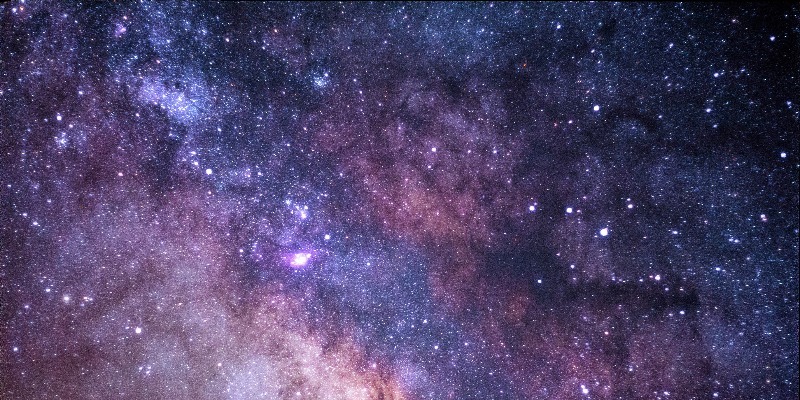Accident or Creation?

Author: Ian Wallis
Ian Wallis, a former Principal of the Yorkshire Ministry Course, Vicar of St Mark’s Broomhill and Chair of St Mark’s CRC, continues to teach and write in the areas of biblical studies and contemporary theology. |
Are we still able to speak of a creator God? Without doubt, there are insights into the physical universe supplied by evolutionary biology and cosmology which render certain conceptualisations of a creator God no longer tenable. For instance, since the likes of Jean-Baptiste Lamarck, Charles Darwin and Alfred Russel Wallace, the notion of any species, in particular homo sapiens, coming into existence ex nihilo without an evolutionary history.
However, scientific inquiry is not without constraint nor are all the questions we find ourselves asking within its remit. Here it helps to remember that knowledge of what is beyond the human mind is necessarily relative and provisional for a number of reasons: it is mediated through the senses; it is constrained by our awareness; it is limited by our understanding. We know nothing as it is only as it appears to be. Equally, there are questions which are not readily exhausted by science. Here are a few of them.
Why is there something rather than nothing? With Edwin Hubble’s discovery that the universe is still expanding and the isolation of cosmic microwave radiation in the 1960s by Arno Penzias and Robert Wilson came the realisation that there must have been a beginning. But what caused something to emerge from nothing? After all, ‘nothing’ is not a substance or phenomenon within the universe such as black holes or dark energy. What ‘uncaused cause’ transcends space-time and is not only able to account for it, but also to sustain it?
Why does the universe appear intelligible? Few would question that there are laws underpinning almost every aspect of the physical universe. Archimedes’ Principle, Newton’s Laws of Motion and Principle of Gravitation, E = MC2 – science as we know it would be impossible without them. But where did they come from? Logically speaking, these laws must have preceded the existence of that which they determine – like, perhaps, wisdom before creation (cf Proverbs 8.22).
Why are we here? One of the interesting observations reached by the likes of John Barrow and Frank Tipler is that the age of the universe is approximately the same as the estimated duration for the primordial elements generated at the Big Bang to develop in complexity so as to enable organic sentient life, such as homo sapiens, to evolve. The odds of this happening are so remote that for it to be accidental would require billions of undetected universes generated by the other possibilities that chance requires. Otherwise, it seems difficult to avoid the conclusion that our emergence is more than a coincidence.
And, finally, what are we to make of those moments of transcendence which engender within us what Friedrich Schleiermacher described as ‘the feeling of absolute dependence’? Those surpluses of experience, saturated with profundity and meaning, and those times of extremis or abandonment when we find ourselves at the mercy of presences beyond our beckoning or participating within a cosmic dance embracing all things.
Questions worth pondering – some of which have caused the most eminent of scientists to re-conceive, rather than abandon altogether, their belief in a creator God. Let me conclude with a quotation from one of the greatest:
I'm not an atheist, and I don't think I can call myself a pantheist ... My religiosity consists of a humble admiration of the infinitely superior spirit who reveals himself in the slight details we are able to perceive with our frail and feeble minds. That deeply emotional conviction of the presence of a superior reasoning power, which is revealed in the incomprehensible universe, form my idea of God.
Albert Einstein, quoted by Max Jammer in ‘Einstein and Religion’
Author/copyright permissions
Reproduced with permission
Photo Credit: Jeremy Thomas |